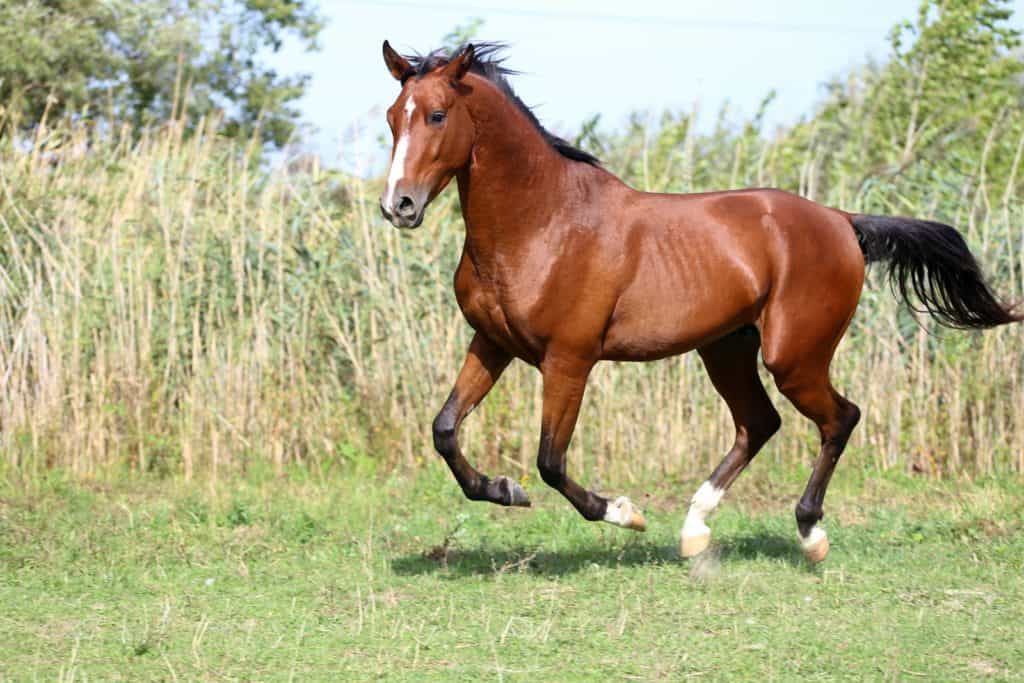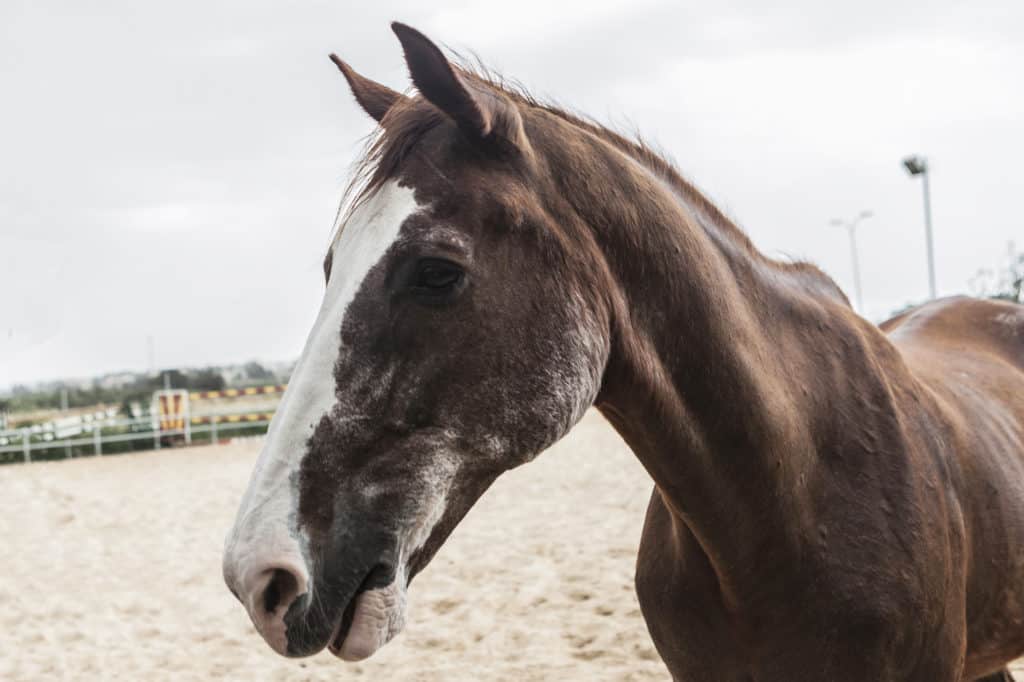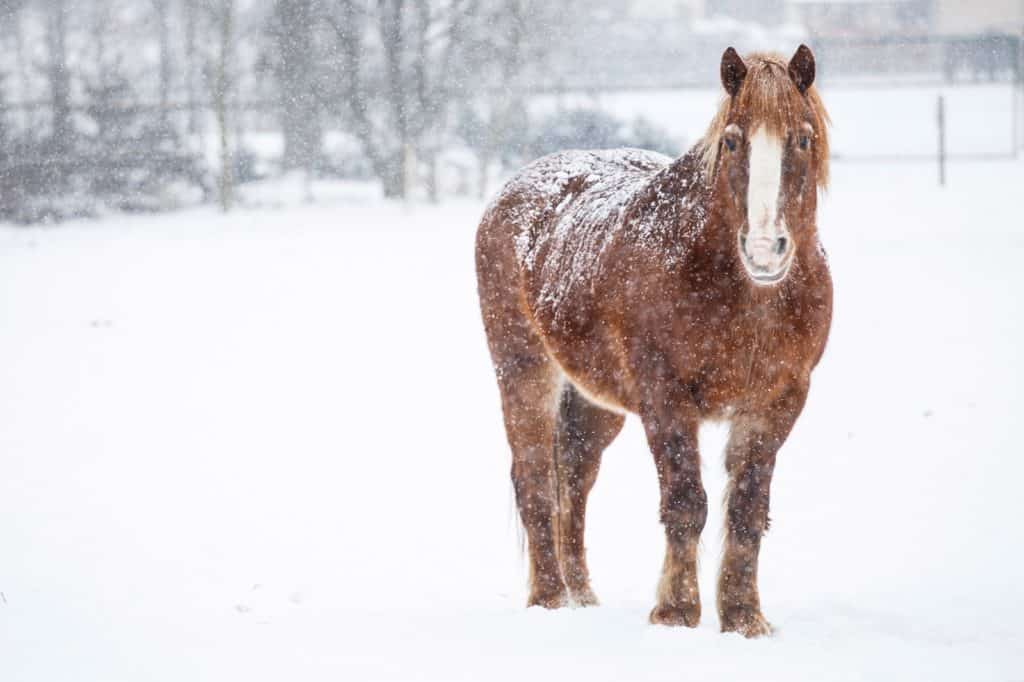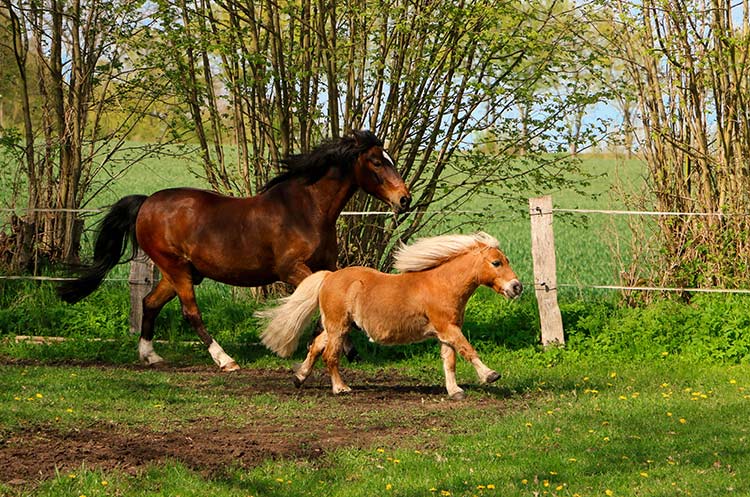
Beet Pulp FAQs
Two equine nutritionists answer 11 common questions about feeding horses beet pulp.

Two equine nutritionists answer 11 common questions about feeding horses beet pulp.

When switching your horse to a forage-focused diet, first obtain a hay analysis and choose a ration balancer that fills the nutritional gaps.

Don’t balk at the S-word on the feed label. It might be just what your adult horse needs.

Is your senior horse a picky eater? Be sure he has regular veterinary dental examinations and consider changing his forage or concentrate feed.

An equine nutritionist offers advice about soaking beet pulp and ensuring it’s safe for horses to eat.

An equine nutritionist answers common questions about beet pulp, which has long been a mainstay in many feed rooms for horses, especially during the winter months.

Cold weather affects older horses more than it does their younger companions. Learn how to keep your senior comfortable and healthy during cold weather.

Decipher fact vs. fiction when it comes to the complicated world of feeding horses.

Here’s a look at what hair analysis and bloodwork each can tell you about your horse’s nutritional health.

A nutrition expert offers advice for ensuring free-fed horses don’t overeat hay.

Ditch traditional bran mashes (and the issues they can cause) for forage feeding to keep horses warm.

Learn about feeding basics, from hydration and forage to feeds and supplements, so you can make the best nutritional choices for your horse.

Is your feed room overflowing? Get advice on streamlining equine diets when you’re feeding horses with a variety of nutritional needs.

Learn how to design a diet for horses suffering or recovering from equine odontoclastic tooth resorption and hypercementosis (EOTRH).

With much research surrounding how to feed “abnormal” horses, how can we feed “normal” horses to avoid disease? One expert weighs in.

One equine nutritionist explains how to ensure your horse’s diet does not contain dangerous levels of sugar.
Stay on top of the most recent Horse Health news with
"*" indicates required fields